What is a 401(k) Rollover?
A 401(k) plan rollover is the process of transferring the funds from one 401(k) account to another without incurring taxes or penalties. There are several situations where a rollover might be considered:
Changing Jobs: When you leave a job, whether voluntarily or involuntarily, you may have the option to roll over your 401(k) funds into an Individual Retirement Account (IRA) or into the 401(k) plan of your new employer.
Retirement: When you retire, you may choose to roll over your 401(k) funds into an IRA or another qualified retirement account. This can provide more flexibility in managing your investments and withdrawals in retirement.
In-Service Rollover: Some 401(k) plans allow for in-service rollovers, which means you can roll over a portion of your 401(k) funds into an IRA while still employed. This can be advantageous for individuals seeking broader investment options or better control over their retirement assets.
Conversion to Roth IRA: A special type of rollover is a conversion to a Roth IRA. In this case, you would transfer funds from a traditional 401(k) (or a traditional IRA) to a Roth IRA. This conversion is a taxable event, meaning you'll owe income taxes on the amount converted, but qualified withdrawals from the Roth IRA in the future will be tax-free.
It's crucial to follow the specific rules and procedures outlined by the IRS and your plan administrator when conducting a 401(k) rollover. Failure to adhere to these guidelines may result in taxes, penalties, or other complications.
There are two types of 401(k) rollovers:
Direct Rollover: In a direct rollover, the funds are transferred directly from one retirement account to another without passing through the hands of the account holder. This is the recommended method to avoid tax withholding and potential penalties.
Indirect Rollover (60-Day Rollover): In an indirect rollover, the account holder receives the distribution and then has 60 days to deposit the funds into another qualified retirement account. However, in this case, 20% of the distribution may be withheld for taxes, and the account holder must replace that amount from other sources when completing the rollover to avoid taxes and penalties.
When considering a 401(k) rollover, it's advisable to consult with a financial advisor or tax professional to understand the implications for your specific situation and ensure that the process is executed correctly.
The information contained herein is not intended as financial, legal or tax advice, and may not be suitable as required by specific circumstances. Please consult your financial planner, attorney and/or tax adviser as needed.


